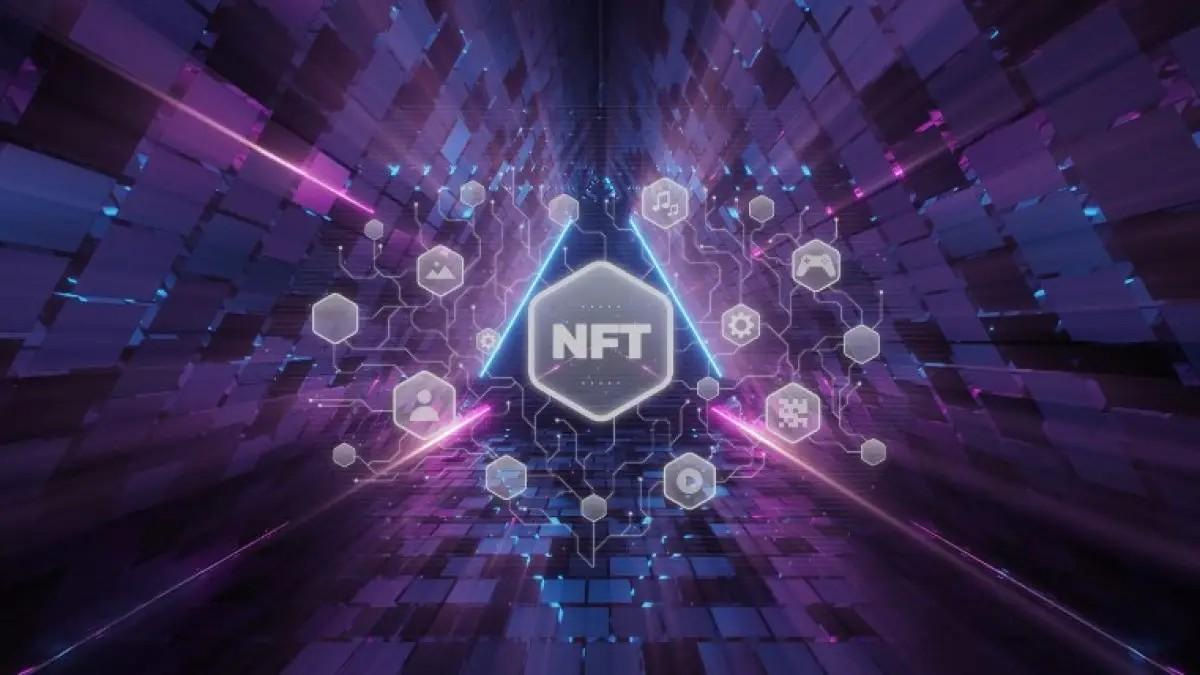Key Components of an NFT Marketplace

The rapid growth of non-fungible tokens (NFTs) has fueled demand for robust, user-friendly platforms where digital assets can be minted, bought, sold, and traded. Building a successful NFT marketplace requires a deep understanding of the essential components that power seamless transactions, secure ownership, and engaging user experiences. NFT marketplace development involves integrating blockchain technology, smart contracts, digital wallets, and more to create a trusted ecosystem for creators and collectors. Lionwood Software, a global software development company, leverages these core components to deliver tailored NFT marketplace solutions.
Marketplace Application: The User Interface
At the heart of any NFT marketplace is the marketplace application itself—a web or mobile app that serves as the user-facing interface. This platform allows users to browse NFT collections, mint new tokens, place bids, and complete purchases. The marketplace app typically consists of two parts:
-
Client Side: The front-end interface where users interact with the marketplace. It must be intuitive, responsive, and visually appealing to accommodate diverse users, from seasoned collectors to newcomers.
-
Server Side: The backend infrastructure that handles business logic, user authentication, data storage, and communication with blockchain networks.
A well-designed marketplace app ensures smooth navigation, quick loading times, and secure transaction flows, which are critical for user retention and trust.
Digital Wallet Integration
Digital wallets are indispensable in NFT marketplaces as they store users’ cryptocurrencies and NFTs. Wallets enable users to manage their assets securely, sign transactions, and interact with the blockchain. Popular wallet integrations include MetaMask, WalletConnect, and Coinbase Wallet.
The wallet integration must support multiple blockchain networks if the marketplace operates cross-chain. It also needs to safeguard private keys and provide seamless connectivity to the platform without compromising security or user experience.
NFT Metadata and Decentralized Storage
NFTs are more than just tokens; they represent unique digital assets accompanied by metadata—information such as the asset’s name, description, creation date, creator, and ownership history. This metadata is crucial for verifying authenticity and provenance.

Storing metadata and the actual digital content (images, videos, audio files) directly on the blockchain is costly and inefficient. Instead, NFT marketplaces use decentralized storage solutions like the InterPlanetary File System (IPFS) to host this data off-chain. IPFS ensures the content is immutable, censorship-resistant, and accessible, preserving the NFT’s integrity over time.
Smart Contracts: The Backbone of NFT Transactions
Smart contracts are self-executing code deployed on blockchains that automate and enforce the rules of NFT transactions. They handle minting, buying, selling, bidding, royalties, and ownership transfers without intermediaries.
Most NFT marketplaces use standards like ERC-721 and ERC-1155 on Ethereum or compatible blockchains. These standards define how NFTs are created and managed, ensuring interoperability and uniqueness.
Smart contracts also enable advanced features such as:
-
Auction mechanisms: Automatic bidding and sale finalization.
-
Royalty payments: Ensuring creators receive a percentage of secondary sales.
-
Escrow services: Holding funds securely until transaction conditions are met.
Properly audited and optimized smart contracts are essential for security and performance.
Blockchain Network Integration
The blockchain network underpins the entire NFT marketplace by providing a decentralized and immutable ledger of all transactions and ownership records. Ethereum remains the most popular choice due to its mature ecosystem, but alternatives like Binance Smart Chain, Polygon, Solana, and Flow offer scalability and lower fees.
Integrating with blockchain networks requires connecting to nodes or using services like Infura or Alchemy to read and write data efficiently. This integration ensures transparency, security, and trustworthiness of the marketplace.
Payment Gateway and Cryptocurrency Support
NFT marketplaces facilitate transactions primarily using cryptocurrencies such as Ether (ETH), Binance Coin (BNB), or stablecoins. Integrating reliable payment gateways and supporting multiple tokens expands user accessibility.
Some marketplaces also incorporate fiat on-ramps, allowing users to purchase NFTs using credit cards or other traditional payment methods, bridging the gap between crypto and mainstream users.
Search, Filters, and User Profiles
To enhance user experience, NFT marketplaces must include robust search and filtering capabilities. Users should be able to explore NFTs by categories, creators, price ranges, popularity, and other attributes.
User profiles enable buyers and sellers to showcase their collections, track transaction history, and manage listings. Social features like following favorite artists or sharing NFTs on social media further engage the community.
Security Features and Compliance
Given the high value of digital assets, security is paramount. NFT marketplaces implement multi-layered security measures including:
-
Secure authentication (e.g., two-factor authentication)
-
Encryption of sensitive data
-
Regular smart contract audits
-
Protection against phishing and scams
Compliance with regulations such as KYC/AML may also be necessary depending on jurisdiction and marketplace scope.
Analytics and Reporting Tools
Marketplace operators benefit from analytics dashboards that provide insights into user behavior, sales trends, and platform performance. These tools help optimize marketing strategies, improve user engagement, and detect fraudulent activities.
Why Choose Lionwood Software for NFT Marketplace Development?
Lionwood Software, a global software development company, offers end-to-end NFT marketplace development services that incorporate all these critical components. Their expertise includes:
-
Custom marketplace app development with user-centric design
-
Secure wallet integrations and multi-chain support
-
Smart contract development and auditing
-
Scalable blockchain infrastructure setup
-
Advanced search, filtering, and social features
-
Comprehensive security and compliance solutions
Partnering with Lionwood Software ensures your NFT marketplace is robust, secure, and tailored to your business goals.
Conclusion
Developing a successful NFT marketplace requires a harmonious integration of multiple components—from user-friendly interfaces and digital wallets to smart contracts and blockchain networks. Each element plays a vital role in ensuring seamless transactions, secure ownership, and an engaging user experience.
By understanding these key components and collaborating with experienced developers like Lionwood Software, businesses can build NFT marketplaces that stand out in the competitive digital asset ecosystem and unlock new opportunities in the growing world of NFTs.
- Art
- Causes
- Crafts
- Dance
- Drinks
- Film
- Fitness
- Food
- Games
- Gardening
- Health
- Home
- Literature
- Music
- Networking
- Other
- Party
- Religion
- Shopping
- Sports
- Theater
- Wellness



